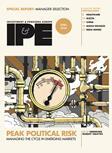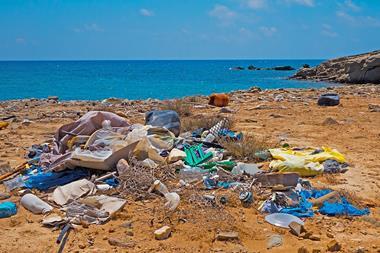Impact investments should not be viewed as a separate asset class but rather as an approach, and therefore not incur higher than usual management fees, pension investors PGGM and KLP have argued.
Speaking at the Global Impact Investing Network Investor Forum in London, PGGM corporate strategy and innovations manager Wouter Koelewijn repeatedly argued that the strategy – housed by the Dutch pension manager within its targeted environmental, social and governance (ESG) portfolio – should not be viewed as separate from other asset classes.
Asked about the level of fees he would expect to pay for impact investments, Koelewijn told attendees: “The only difference for a targeted ESG investment is that I want to know what is your impact strategy and how are you going to reach those goals. What problems are you solving?”
His view was shared by Heidi Finskas, adviser for responsible investments at KLP, which manages the pensions of local government employees in Norway.
KLP has so far only committed $25m (€18.5m) to a micro-finance project, as well as committed to a NOK1bn (€123m) renewable energy joint venture with government-backed development vehicle Norfund.
Finskas was adamant impact investing should be viewed as part of a regular investment, attracting the same fees.
“The one reason we teamed up with Norfund instead of picking from fund managers is exactly the asset management fees – they were too high for us,” she said.
Explaining KLP’s decision to focus on renewable energy, she said: “We saw that developing countries, they are in great need of energy.
“Coal, for instance, is a very cheap option, but we would like to contribute that there are cleaner options available.”
She also noted that all investments had a societal benefit, as capital was invested in regions otherwise lacking such funding, stimulating the labour market.
PGGM’s Koelewijn added that impact investing should always be seen as part of the “same game” as other investments, but that the impact should always be monitored.
He said to qualify as an impact or ESG-friendly investment, one had to set “clear” goals.
“Since we have diversified and have a large portfolio, we take a broad approach,” he said, noting that PGGM had committed €500m each year to invest in targeted ESG projects.


















No comments yet